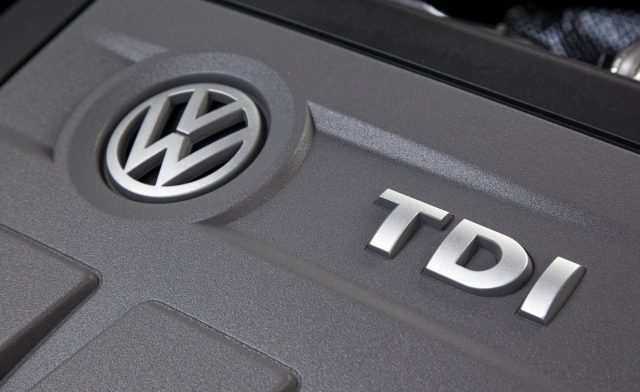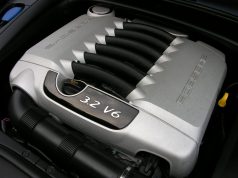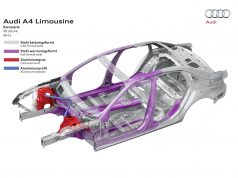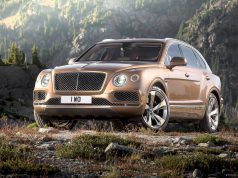As of today, most of you must have heard the news that Volkswagen cheated EPA on its diesel cars’ emission, by using a defeat device in its ECU control program.
Let’s make one thing clear: there is nothing wrong for a car to have higher emission that exceeds the EPA standard under actual daily operation situations, as long as it meets the standard under the EPA testing procedure.
However, it is illegal for an automaker to intentionally reduce the emission control system’s effectiveness, unless for several exceptions defined by EPA. This is what VW has done wrong in the past few years.
The biggest question at this moment is: why VW did this? What is the reason that VW decided to take this big risk?
The answer is: VW wants to get a better EPA mpg rating on their low-priced diesel cars, so that they can have better sales in the US market.
Obviously, for car buyers who are aiming at the MSRP range below $30k, whether the car is fuel efficient plays an extremely important role in their purchase decision making.
Within the same class, diesel cars are typically carry a higher price tag than gasoline cars. For example the Honda Civic starts at $19,310, while the cheapest Jetta TDI is asking for at least $21,744.
Therefore, a diesel car needs to be better equipped and also the most important: has much better MPG rating to justify its higher MSRP.
Let’s still take the above Civic and Jetta TDI as example. The Civic’s EPA mpg number is 30/39/33 (city/highway/combined); while the Jetta TDI is 31/45/36. So you see even with the help of the “defeat device”, the Jetta TDI just has a small advantage over its gasoline competitors; especially for city driving, both of them have every close EPA mpg ratings.
So this explains why VW is so eager to get a nice-looking EPA mpg rating for their economic diesel cars, because that is what consumers want.
Next let me explain why installing the “defeat device” can help to boost the fuel efficiency.
Currently there are two mainstream diesel emission reduction technologies:
1. Lean NOx Trap (LNT)
2. Urea-based Selective Catalytic Reduction (SCR)
Many VW small diesel cars are using the LNT, but the Passat is using the SCR.
No matter it is LNT or SCR, these systems all need a component called “Diesel Particulate Filter” (DPF). This component needs to be regenerated regularly to be effective. The process requires an additional post-injection of the diesel fuel, which is not used for combustion to generate power, instead it is vaporized to generate chemical substance that can purge and re-activate the DPF.
For LNT, besides the above regeneration process, there is another extra step to clean the NOx Storage Catalytic Converter, a component that is specific to the LNT system. This process also consumes fuel and thus will lower the car’s MPG.
Therefore, by completely or partially bypassing the exhaust emission reduction system (which VW is doing using the defeat device), it can lengthen the interval that the need to execute the above mentioned process, which effectively lower the frequency that the car need to spend fuel to clean/regenerate the above component. This is why installing the defeat device can greatly help to increase the car’s MPG.
Generally speaking, it is OK for a car manufacturer to put a special control logic specific for regulation testing and get optimized result. And in fact it is common for most diesel passenger cars to have much higher emission in actual daily driving conditions than what they do during the regulation lab testing. As long as the auto maker has valid and verifiable explanations, that’s fine.
What caused the big trouble for VW this time is: it cannot come out with a reasonable explanation to EPA or CARB without admitting the existence of that defeat device.





